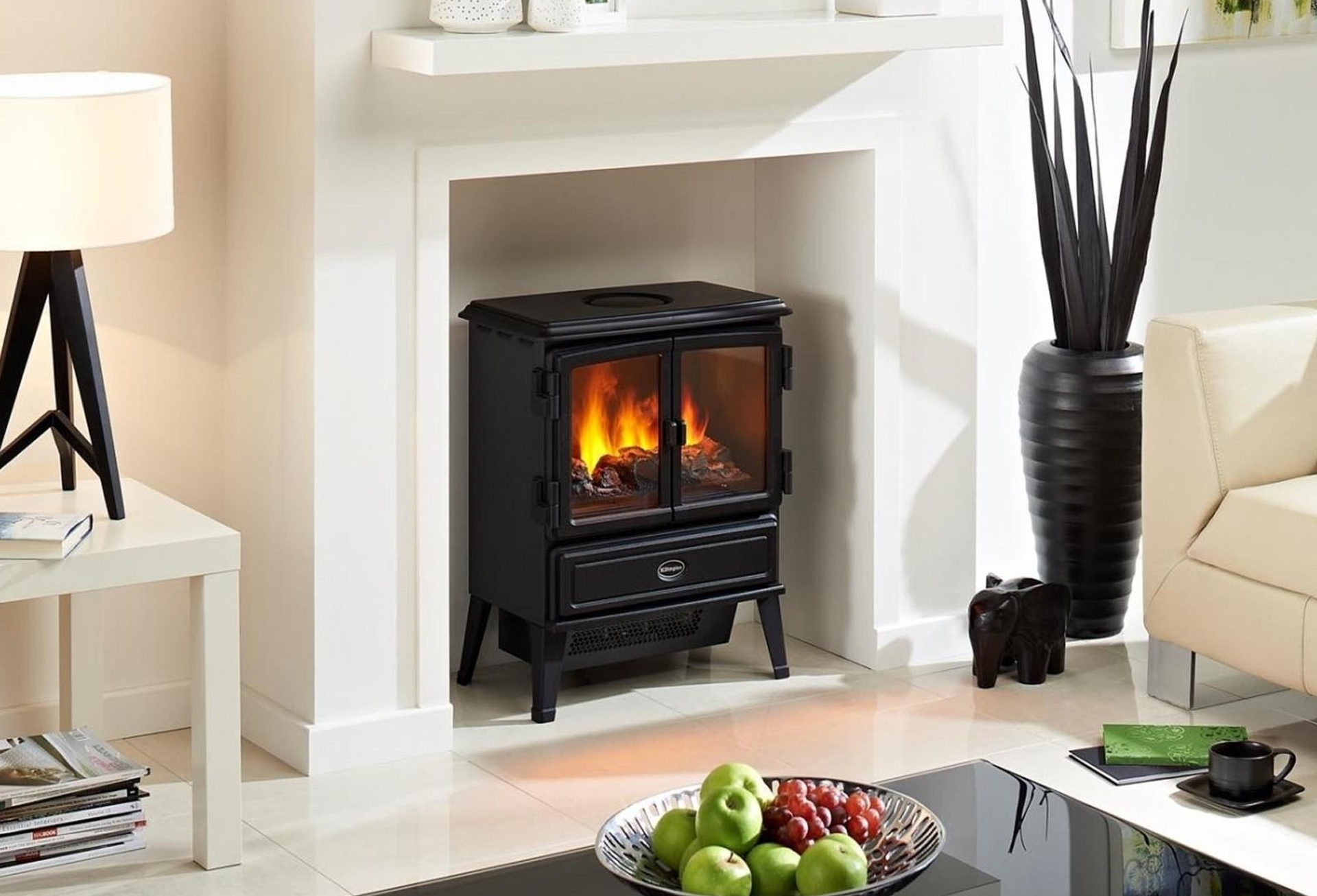Pellet fireplaces can be a cost-effective alternative to traditional wood-burning fireplaces in some circumstances. However, the cost-effectiveness depends on various factors, including fuel costs, the efficiency of the fireplace, and the availability of pellets. Here are some considerations:
-
Fuel Cost: Pellet stoves burn wood pellets, which are often made from compressed sawdust or other wood byproducts. The cost of pellets can vary depending on location and availability. In some cases, pellets may be less expensive than traditional firewood, making pellet fireplaces a cost-effective option.
-
Efficiency: Pellet stoves are known for their high efficiency. They can burn pellets more cleanly and efficiently than traditional open wood-burning fireplaces. This means that more of the heat produced by the pellets is transferred into the living space rather than being lost through the chimney. Higher efficiency can result in lower overall heating costs.

-
Convenience: Pellet stoves are convenient to use. They often have automatic ignition systems and thermostatic controls, allowing users to easily regulate the heat output. This can lead to more efficient use of fuel and better control over heating costs.
-
Cleaner Burning: Pellet stoves typically produce fewer emissions than traditional wood-burning fireplaces. This can be an important factor for those concerned about air quality and environmental impact.
-
Installation and Maintenance Costs: While pellet stoves may have a higher upfront cost compared to traditional fireplaces, they can be more cost-effective in the long run due to increased efficiency and lower fuel costs. However, it's essential to consider the total cost of ownership, including installation and maintenance.
-
Pellet Availability: The availability of pellets can vary by region. In areas where pellets are readily available and competitively priced, pellet fireplaces can be a cost-effective option. In some cases, users may have the option to buy pellets in bulk, further reducing costs.
It's important for individuals to assess their specific situation, taking into account local fuel prices, availability of pellets, and their heating needs. Additionally, local building codes and regulations may influence the feasibility and installation of pellet stoves. While pellet fireplaces can be a cost-effective and environmentally friendly option, the decision should be based on a thorough evaluation of all relevant factors in a particular setting.

 0086-574-62766180/62766182
0086-574-62766180/62766182






 English
English 中文简体
中文简体













